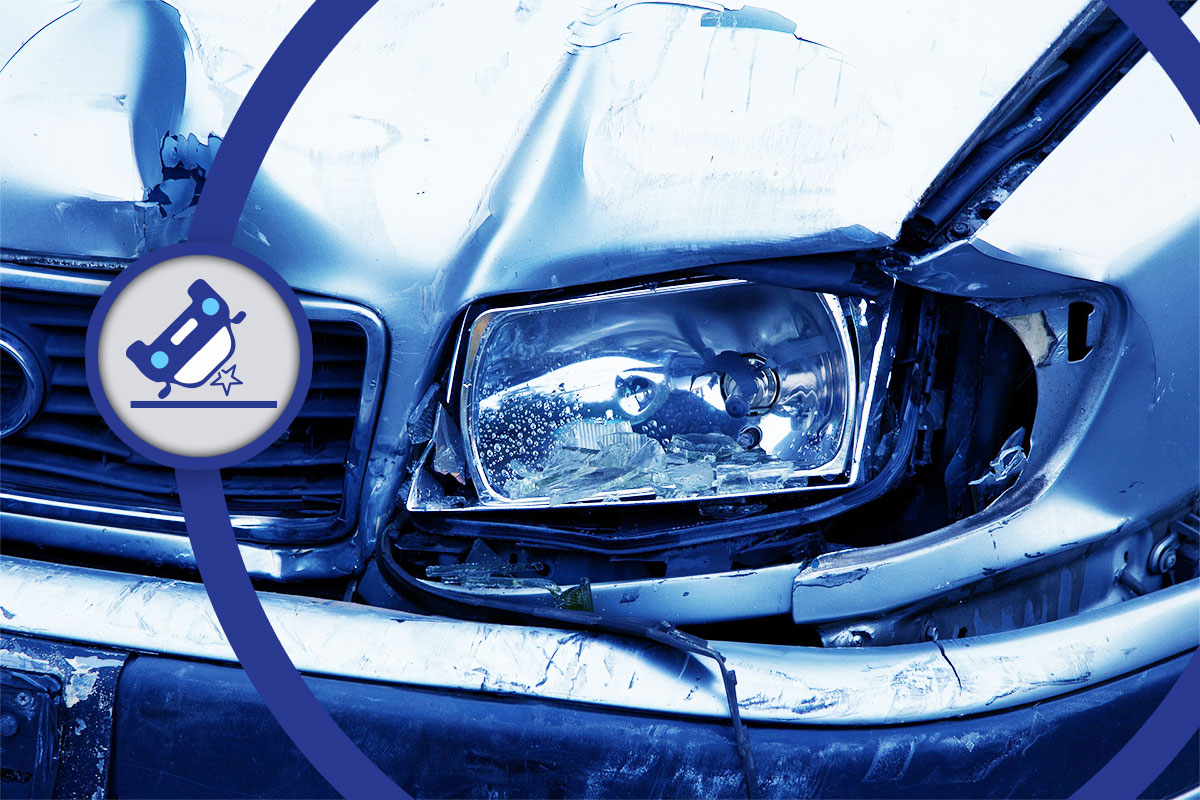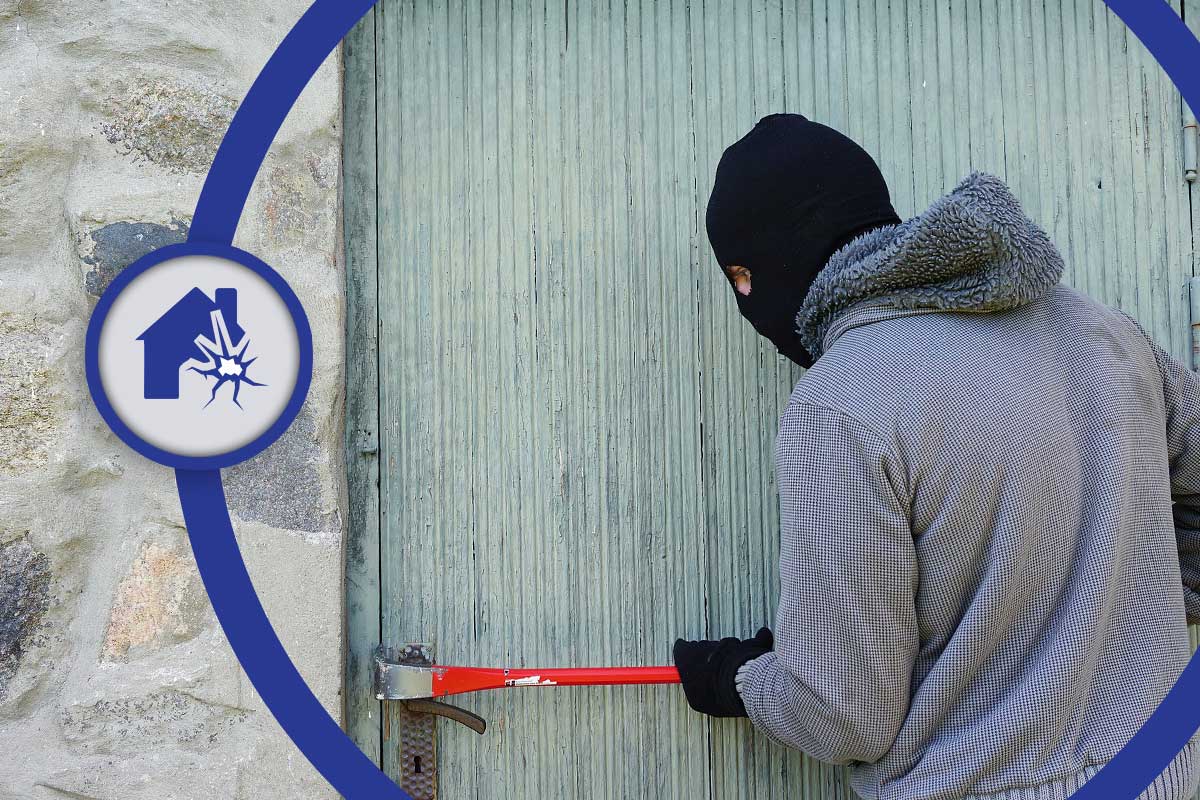WHY SHOULD I USE AN AGENT?
As a broker of insurance, surecare insurance agents represents you-the customer. We choose from a selection of different insurance companies to identify the best combination of price and coverage that suits you! Then we continue to stand by you, caring for each renewal to make that your insurance coverage keeps pace with your changing life.

WHAT TO DO AFTER A CAR ACCIDENT
4 STEPS TO FOLLOW AFTER A CAR ACCIDENT

Do A Health Check
Immediately following a car accident, consider taking the following actions:
Check yourself for injuries. If you’re injured, call 112 or ask someone else to do so. If you’re seriously injured, try not to move, and wait for emergency personnel.
Notify Authorities
Call the police. Whether an accident is considered a minor fender-bender or a major collision, calling the police is important — and in some states, it’s legally required.
Notify your insurer. You may also want to call your insurance agent while you’re at the scene. That way, they can tell you exactly what they will need to process your claim.
Document the Accident
Avoid discussing fault when going over the facts with the other driver. Only speak to the police about the details of the accident.
In order to protect yourself, the Insurance Information Institute (III) also recommends taking the following steps:
Identify the officers. Once the police arrive, get the name and badge number of all responding officers.
Get a copy. Ask the police officers present where you can obtain a copy of their accident report.
Take pictures. Document the accident thoroughly by taking snapshots from different angles, showing the damage done to both cars.
Take names. Write down the names and addresses of all parties involved, including any passengers in the other vehicle.
Talk to witnesses. If there were any witnesses to the accident, take down their names and their contact information, as well.
Exchange Info
Once you’ve filed the report with the police officer, exchange contact and insurance information with the other driver before you leave. According to the III, the most important information includes:
- Full name and contact information
- Insurance company and policy number
- Driver’s license and license plate number
- Type, color and model of vehicle
- Location of accident
An accident can leave even the most seasoned driver frazzled, but following these steps may help protect you against unnecessary worries and will give your insurance company enough detailed information to begin processing your claim as smoothly and as quickly as possible.
WHAT TO DO AFTER A HOUSE FIRE
7 THINGS TO DO AFTER A HOUSE FIRE

1. Make the important calls. Contact any family members that may not have been with you.
Let them know what happened and let them know that everybody is okay (if so).
2. Call your insurance agent. After a house fire, don’t assume that someone is going to contact your insurance. This is the number one thing that you need to do once you’ve let your family know that you are ok. This will start the process of event documentation and initiate your insurance claim. From there your insurance agent will be able to talk you through emergency lodging and living expenses. Whether you or your insurer buys this type of service, be clear on who is going to pay for it. Get it in writing!
3. Know the cleanup requirements. If your house has been damaged rather than destroyed, interior cleanup will be required. Remember that damage to the property often goes beyond what the eye can see.
4. Ask when it is safe to enter a house. Do not enter a house or other building that has been affected by a fire until you have listened to the professionals telling you that is okay to do so. Fires can start again even if they appear to be out and there is almost always hidden damage. Roofs and floors may be damaged and could fall down.
5. Organize all your property items. Separating your damaged property from your undamaged property will make it easier for you to make a list of your damaged items. It would be great to have receipts and bank statements of purchased items. Providing photos along with the list would help greatly when filing the claim.
6. Save undamaged property from further destruction. Any items that are not damaged should be put in a safe place, even if it means putting them in storage. You will find that things the fire did not burn up are now ruined by smoke and soggy with water used to put out the flames. Anything you want to save will need to be carefully and potentially professionally cleaned.
7. Find somewhere to stay. Most homeowner’s policies will have coverage, which will pay for the food, clothing, and shelter that you and your family may need for a specified period of time.
You have a big job ahead of you. Get plenty of rest and ask for help. Do not try to do it all alone.
WHAT TO DO AFTER A HOME BREAK-IN
HERE'S A 6-POINT CHECKLIST OF THINGS YOU SHOULD DO AFTER A HOME BREAK-IN

1) Call the police
Contacting the authorities is priority number one. The longer you wait,
the harder it will be to catch the burglars and/or get your stolen items back.
2) Write down everything ASAP
Were you home when the burglar entered? Did you see them? Write down everything you can recall about them as soon as possible because you may forget. This will assist the police in finding the culprit(s).
Details you should write down include:
- How many intruders there were
- Sex
- Age
- Race
- Clothes they wore
- How they entered (and what property they damaged to enter)
- Where they went
It’s even better If you have a security camera. Then you don’t have to recall anything—the security camera does it for you and in more detail. Let the police know if you have a security camera and make sure they see the footage.
3) Take pictures—but don’t move anything
It’s important you don’t disturb the crime scene until the police arrive. You need to show them the conditions of your home as close as possible to how you found your home after the crime.
With that in mind, take pictures of the crime scene without disturbing anything, including areas where items were stolen and entrances burglars used to get into your home. You’ll need this for insurance purposes to prove certain items were stolen and that certain areas of the home were damaged.
It also helps it you have pictures or receipts of the items before they were stolen.
4) File a report
When the police arrive they should give you your filing options, including going down to the police station and filing a report or filing the report online.
5) File an insurance claim
Once you have your police report, immediately contact your home/renter insurance company.
It’s important to file the police report first because your insurance company will need the report number and a lot of information that’s in the report, including the point of entry, property damaged, items stolen, etc.
Later, an adjuster may come out. All your work before will pay off now, because you’ll need to explain your situation, provide receipts and/or pictures of items stolen and property damaged.
6) Identify your security weak points and strengthen them
Now that you’ve done all you can to get your items back, it’s time to repair and strengthen your home so this never happens again.
So, here’s the good news if you’re reading this and your home has not been broken into: You can strengthen your home now and save yourself the trouble of steps 1-5.
